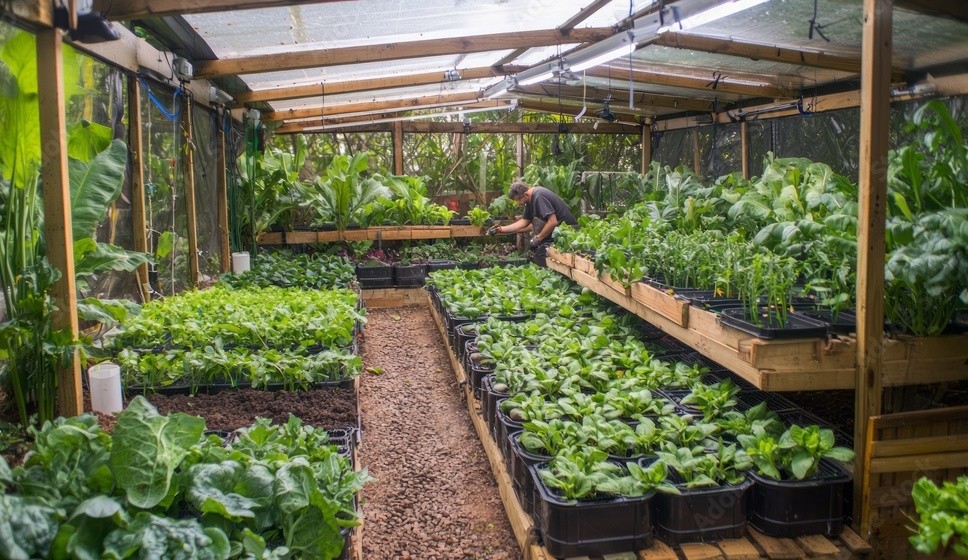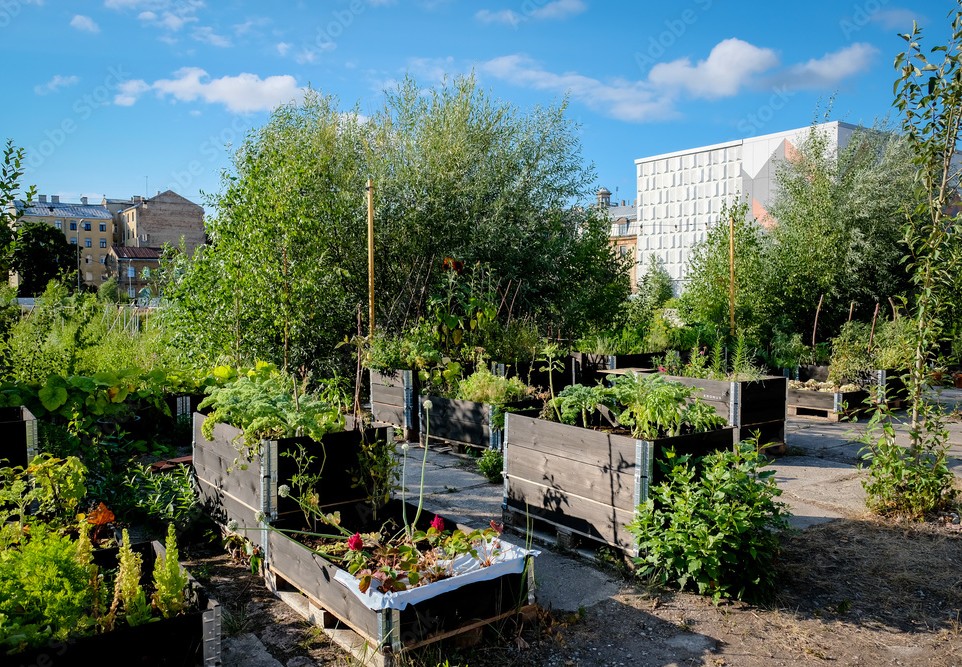Azolafam Ltd.: 15th Jan. 2025 Regenerative agriculture is a holistic approach to farming that prioritizes…
Azolafam Ltd.: 2nd July, 2025 | www.azolafam.com

In a world facing rapid urbanization, climate change, and food insecurity, urban agriculture is emerging as a powerful solution. From rooftops and balconies to community gardens and vertical farms, urban agriculture is redefining how we grow, access, and relate to food in cities.
Whether you're a city planner, home gardener, or eco-conscious entrepreneur, here are some compelling reasons to embrace urban farming.
One of the most significant benefits of urban agriculture is its potential to increase access to fresh, nutritious food. Many urban areas, especially in low-income communities, are classified as food deserts, places where affordable and healthy food is difficult to obtain.
Urban farming brings food production closer to the people who need it most, reducing dependence on long supply chains and ensuring year-round access to fruits, vegetables, and herbs.

Traditional agriculture often involves heavy use of fossil fuels for transportation and chemical inputs for crop production. Urban agriculture, by contrast, reduces carbon emissions by shortening the farm-to-table journey.
Practices like composting, rainwater harvesting, and organic gardening can also help cities manage waste more sustainably and reduce urban runoff.
Urban farming provides income-generating opportunities for individuals, families, and small businesses. From selling produce at farmers’ markets to launching eco-enterprises like indoor farming or mushroom cultivation, urban agriculture supports local economies.
It also creates jobs in farming, distribution, processing, education, and landscaping, all while building skills in horticulture, entrepreneurship, and sustainability.

Engaging in urban agriculture promotes physical activity, mental wellness, and better nutrition. Gardening has been shown to reduce stress, anxiety, and depression. Fresh, pesticide-free vegetables grown at home or in community gardens improve dietary choices and overall health.
Community gardens also encourage social interaction, reducing feelings of isolation and strengthening neighborhood ties.
Urban farms can transform vacant lots, rooftops, and degraded land into productive green spaces. These green zones improve air quality, cool urban heat islands, and contribute to a more beautiful, livable city.
By repurposing underutilized areas, urban agriculture also promotes community pride and deters illegal dumping or criminal activity in neglected neighborhoods.
With extreme weather events becoming more frequent, urban agriculture helps cities become more resilient. Locally grown food is less vulnerable to disruptions in global supply chains caused by droughts, floods, or geopolitical crises.
Furthermore, plants and trees from urban farms absorb CO₂, helping mitigate the effects of climate change while improving biodiversity in urban ecosystems.

Urban agriculture is more than a trend; it’s a movement toward sustainable, inclusive, and resilient cities. By reconnecting people with the source of their food, empowering communities, and greening the concrete jungle, urban farming offers a hopeful path forward.
Whether it’s a potted tomato plant on your windowsill or a thriving rooftop garden, every seed planted in the city brings us closer to a healthier and more sustainable future.
Are you inspired to start your own urban garden? Join the movement — let’s grow together!